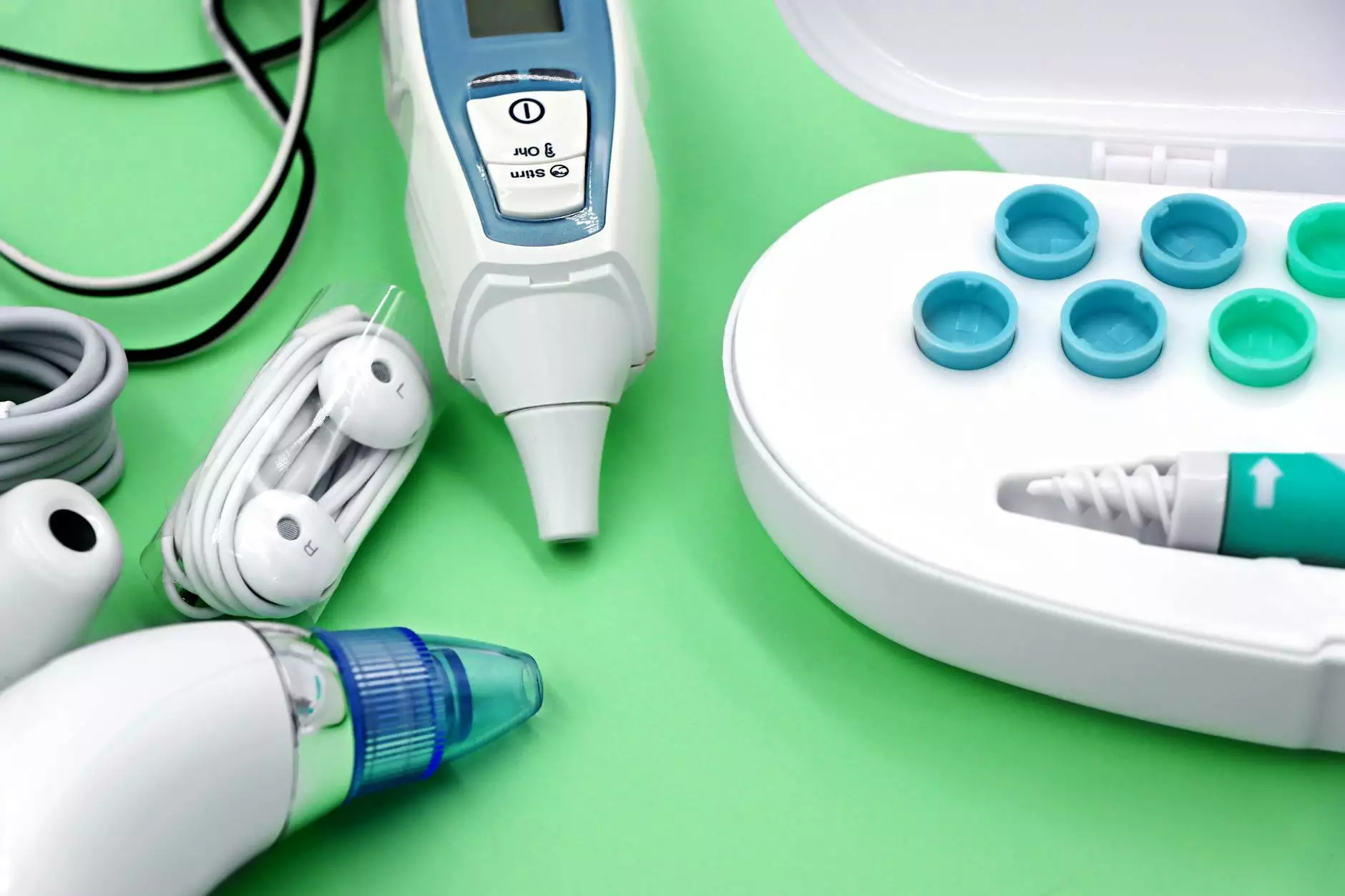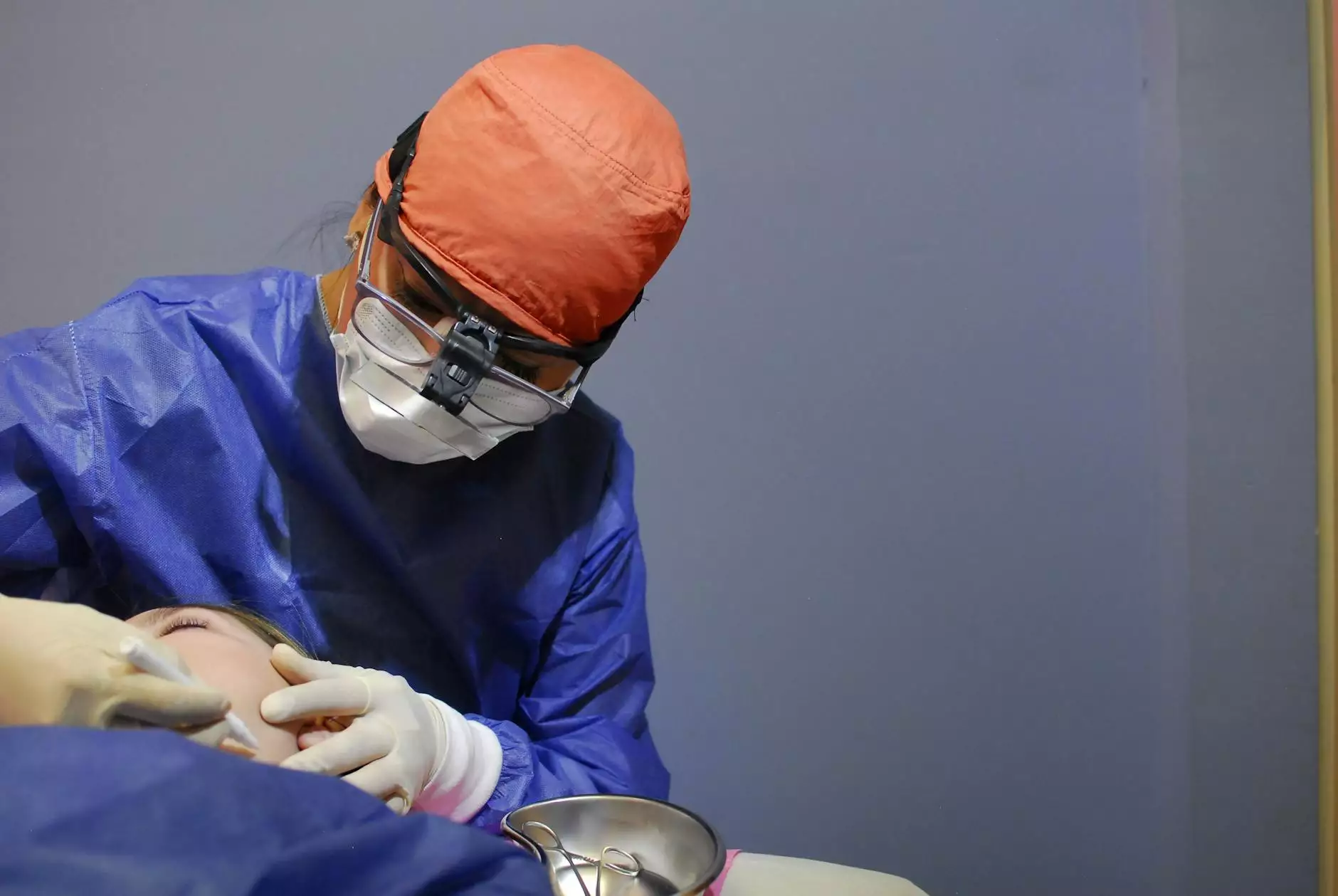The Risk of Ovarian Cancer After Oophorectomy: What You Need to Know

Oophorectomy, the surgical removal of one or both ovaries, is often performed for various medical reasons, including the prevention of ovarian cancer. However, it raises many questions about the risk of ovarian cancer after oophorectomy. Understanding the implications of this procedure is essential for women considering their options for reproductive health and cancer prevention. In this comprehensive article, we will explore the intricacies of this topic, incorporating expert insights and extensive research.
Understanding Oophorectomy
Oophorectomy can be classified into two main types:
- Unilateral Oophorectomy: Involves the removal of one ovary.
- Bilateral Oophorectomy: Involves the removal of both ovaries.
This surgical procedure is often recommended for women who are at high risk of developing ovarian cancer. It may also be performed as a part of a hysterectomy or to address other reproductive issues such as endometriosis, ovarian cysts, or pelvic inflammatory disease.
Why Might Oophorectomy Be Recommended?
There are several scenarios where a healthcare provider might recommend an oophorectomy:
- Family History: Women with a strong family history of ovarian or breast cancer may be advised to undergo oophorectomy as a preventive measure.
- Genetic Predisposition: Individuals carrying BRCA1 or BRCA2 gene mutations are at a significantly higher risk and might opt for oophorectomy.
- Endometriosis: This condition can lead to severe pain and complications, sometimes necessitating ovarian removal.
- Ovarian Tumors or Cysts: When benign growths become problematic, oophorectomy may be recommended.
The Importance of Assessing Cancer Risk
One of the primary motivations behind performing an oophorectomy is to reduce the risk of ovarian cancer. However, it is essential to evaluate how effective this procedure is in accomplishing that objective.
Current Research on Ovarian Cancer Risk Post-Oophorectomy
Research indicates that women who undergo oophorectomy have a reduced risk of ovarian cancer, particularly if the surgery is performed before menopause. However, the relationship between oophorectomy and the risk of developing cancer later in life is complex.
Factors Influencing Ovarian Cancer Risk After Surgery
Several factors play a crucial role in determining the risk of ovarian cancer post-oophorectomy:
- Age at Oophorectomy: Women undergoing the procedure at a younger age tend to have a lower risk of developing cancers related to ovarian tissue.
- Hormonal Replacement Therapy (HRT): The use of HRT after oophorectomy can impact cancer risk and needs careful consideration.
- Genetic Factors: Genetic predispositions may continue to play a role even after oophorectomy, affecting overall cancer risk.
Understanding Hormonal Changes After Oophorectomy
Post-oophorectomy, the body undergoes significant hormonal changes due to the decreased production of hormones like estrogen and progesterone. These changes can lead to menopause symptoms, such as:
- Hot flashes
- Night sweats
- Vaginal dryness
- Mood swings
Managing these symptoms through lifestyle changes or medical interventions is essential to improve the quality of life after surgery.
The Psychological Impact of Oophorectomy
In addition to the physical changes, oophorectomy can have psychological implications. Many women experience anxiety and depression as they navigate life changes stemming from this procedure.
Addressing Mental Health Post-Oophorectomy
Support groups and therapy can be invaluable resources for women coping with these changes. Connecting with healthcare providers who specialize in women's health can provide tailored support and interventions.
Evaluating Long-term Health Post-Oophorectomy
After oophorectomy, monitoring long-term health is crucial for early detection and management of potential complications, including:
- Cardiovascular disease
- Bone Density Loss
- Cancers in other reproductive organs (like breast cancer)
Regular Check-ups and Health Screenings
Women should engage in regular health screenings to monitor their overall health and manage risks effectively. Discussions with healthcare providers about screening schedules for breast exams, bone density scans, and cardiovascular assessments can lead to proactive health management.
Expert Opinions and Recommendations
Leading obstetricians and gynecologists emphasize the importance of personalized care:
"Every woman’s risk factors are unique. It is essential to have a thorough discussion with your healthcare provider about the benefits and risks associated with oophorectomy." – Dr. Seckin, expert obstetrician and gynecologist.
Conclusion: Making Informed Decisions About Oophorectomy
Women facing the decision about oophorectomy must consider various factors, including the risk of ovarian cancer after oophorectomy, overall health, family history, and genetic predispositions. Seeking advice from experienced healthcare professionals and engaging in shared decision-making is crucial.
With comprehensive information, proper support, and vigilant health management, women can navigate the challenges of oophorectomy, ensuring their health and well-being remain a priority.
Resources for Further Information
Women seeking more information on oophorectomy and ovarian cancer risk are encouraged to visit:
- Dr. Seckin’s Official Website
- National Breast Cancer Foundation
- American College of Obstetricians and Gynecologists
Empower yourself with knowledge, and make informed choices about your health and future!









